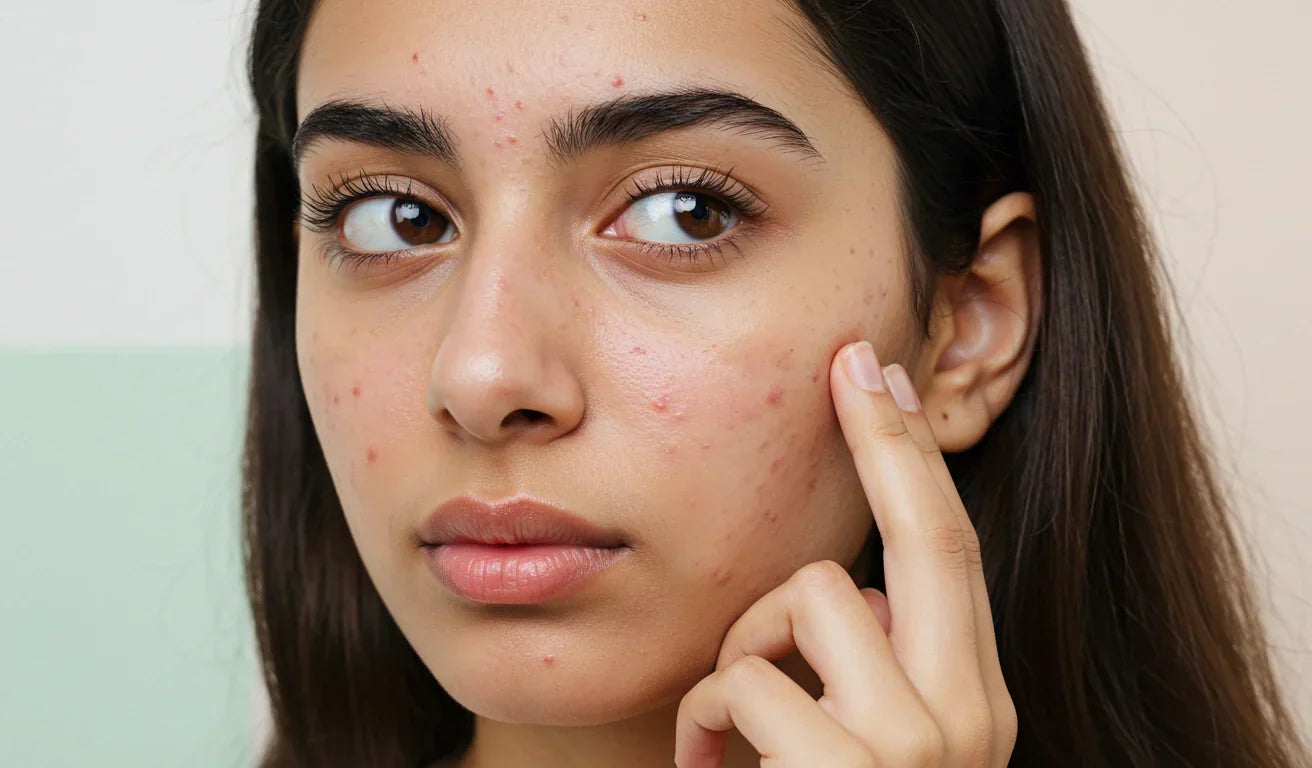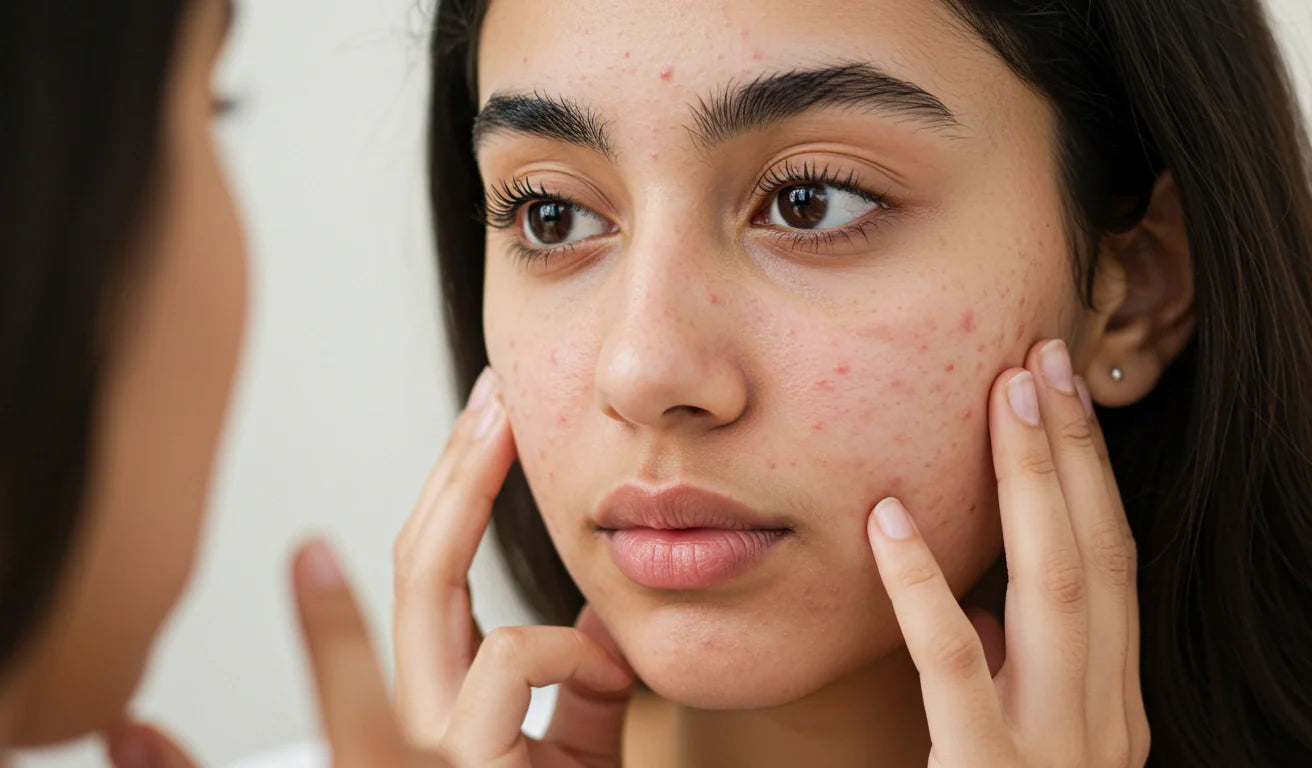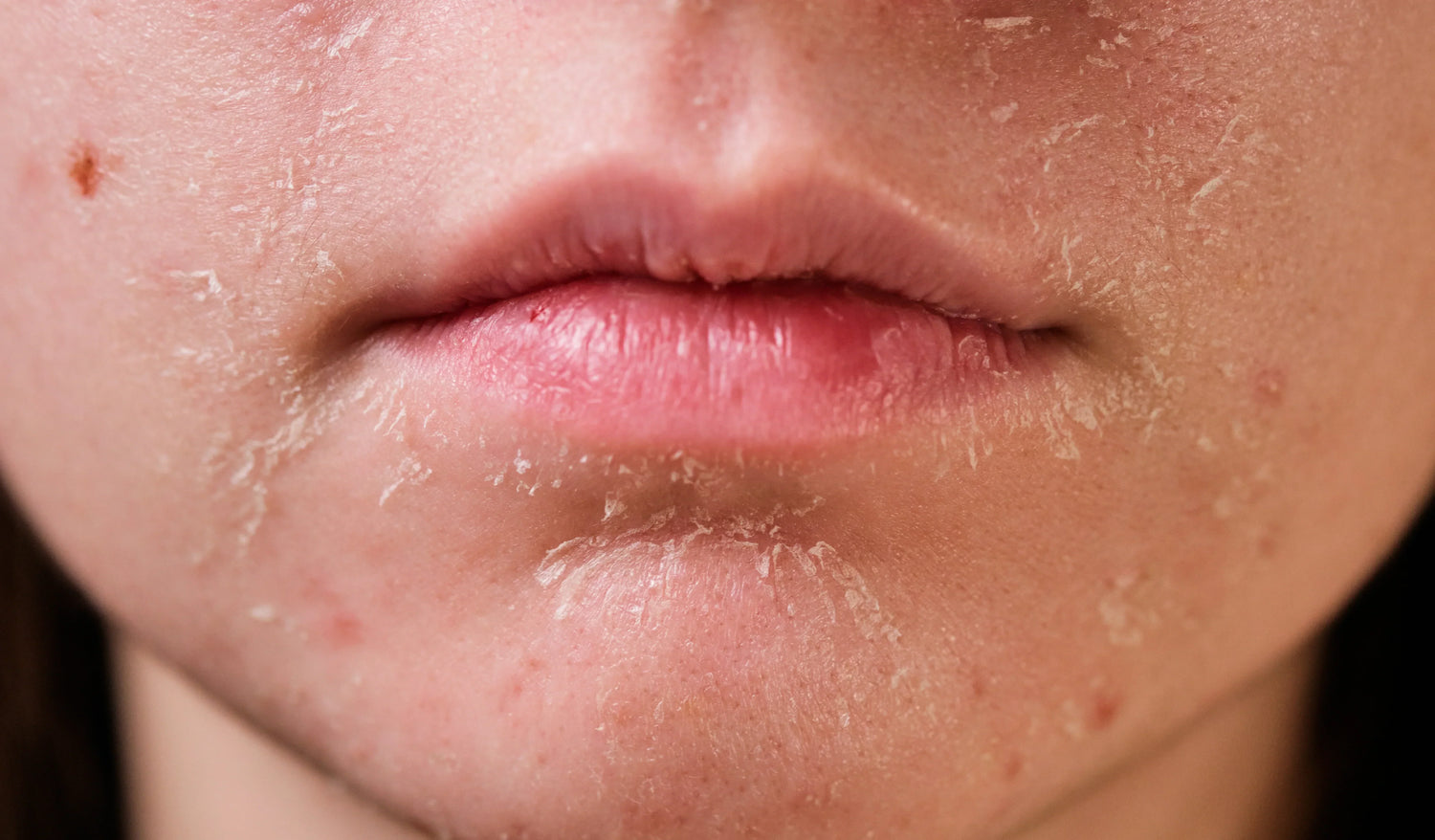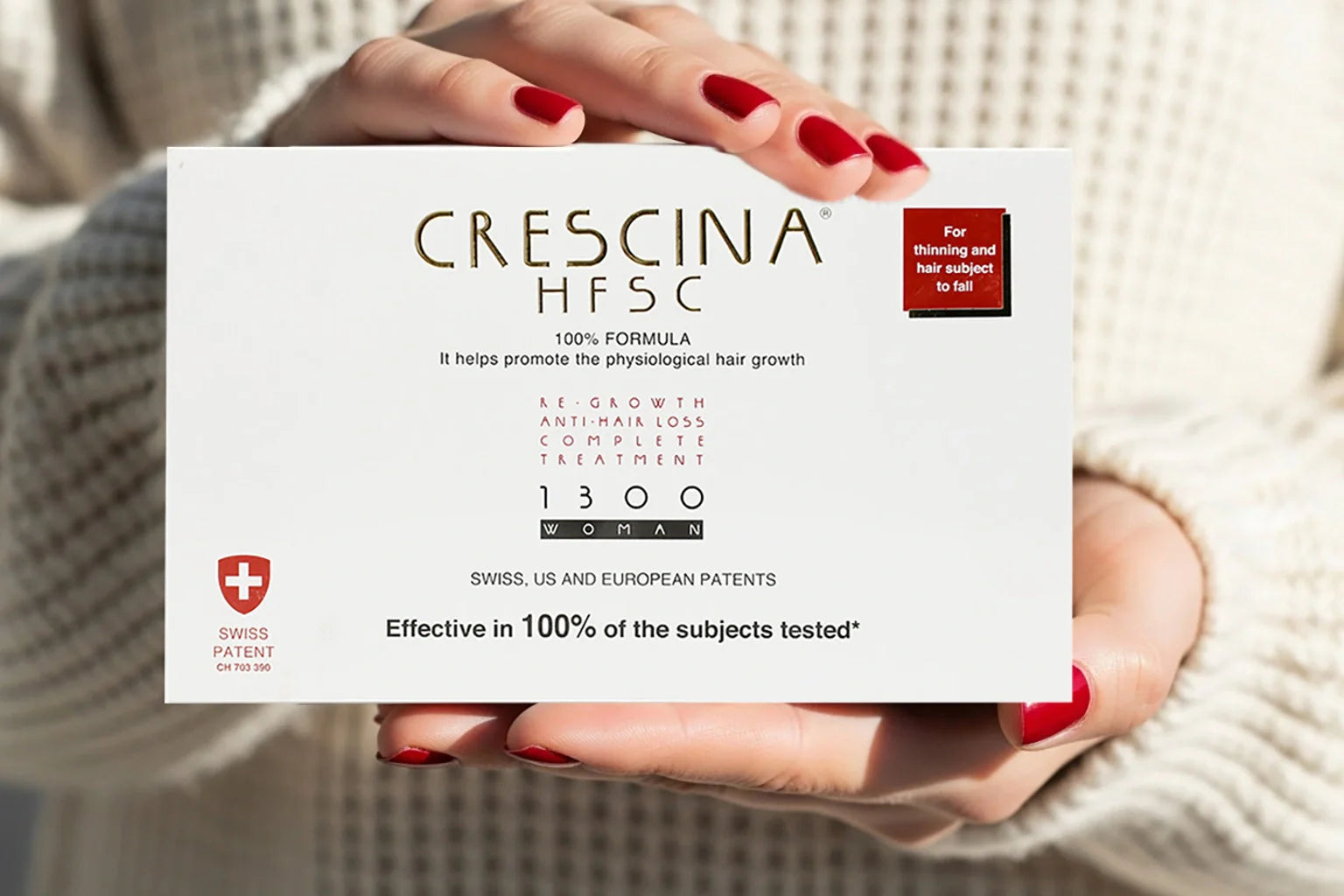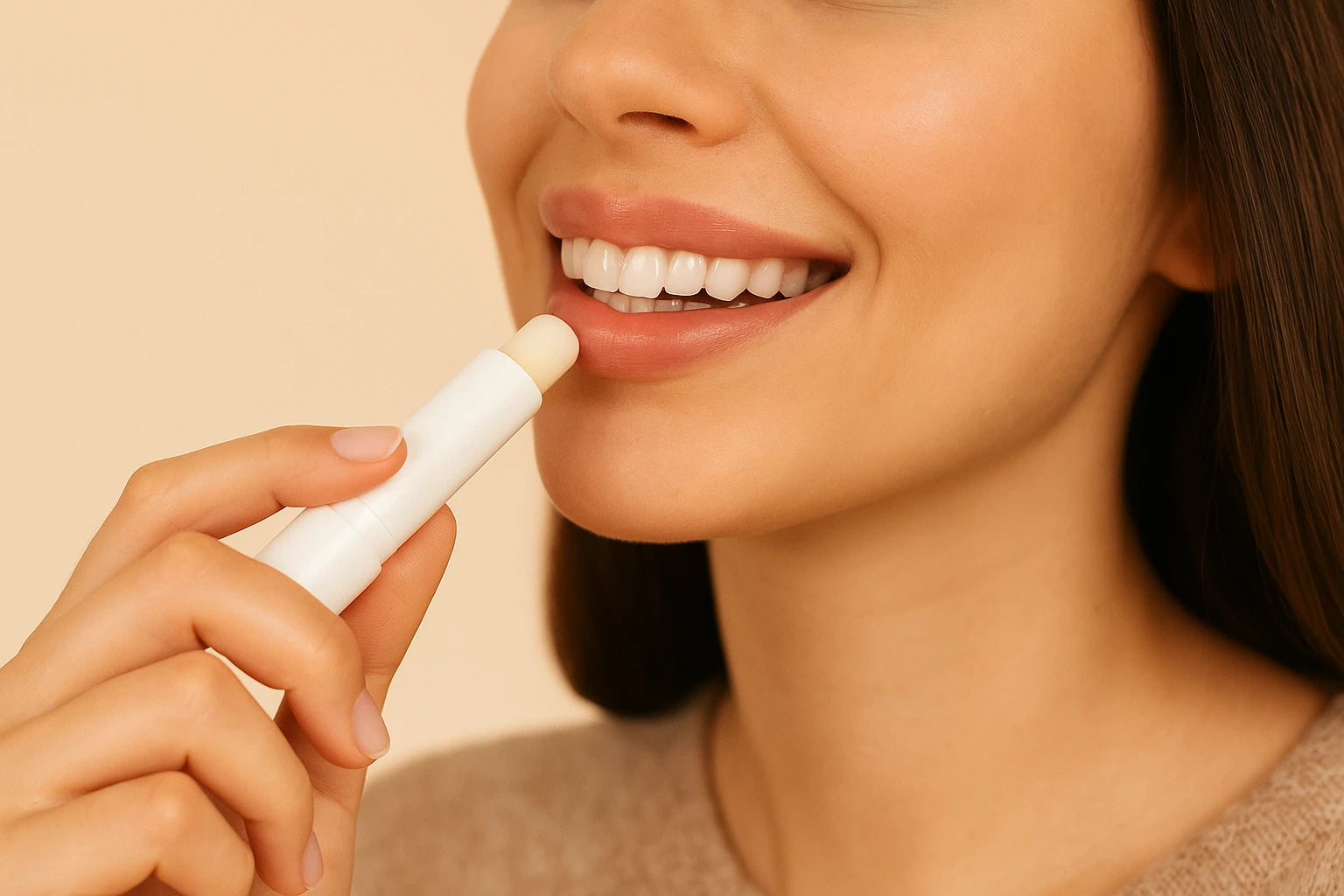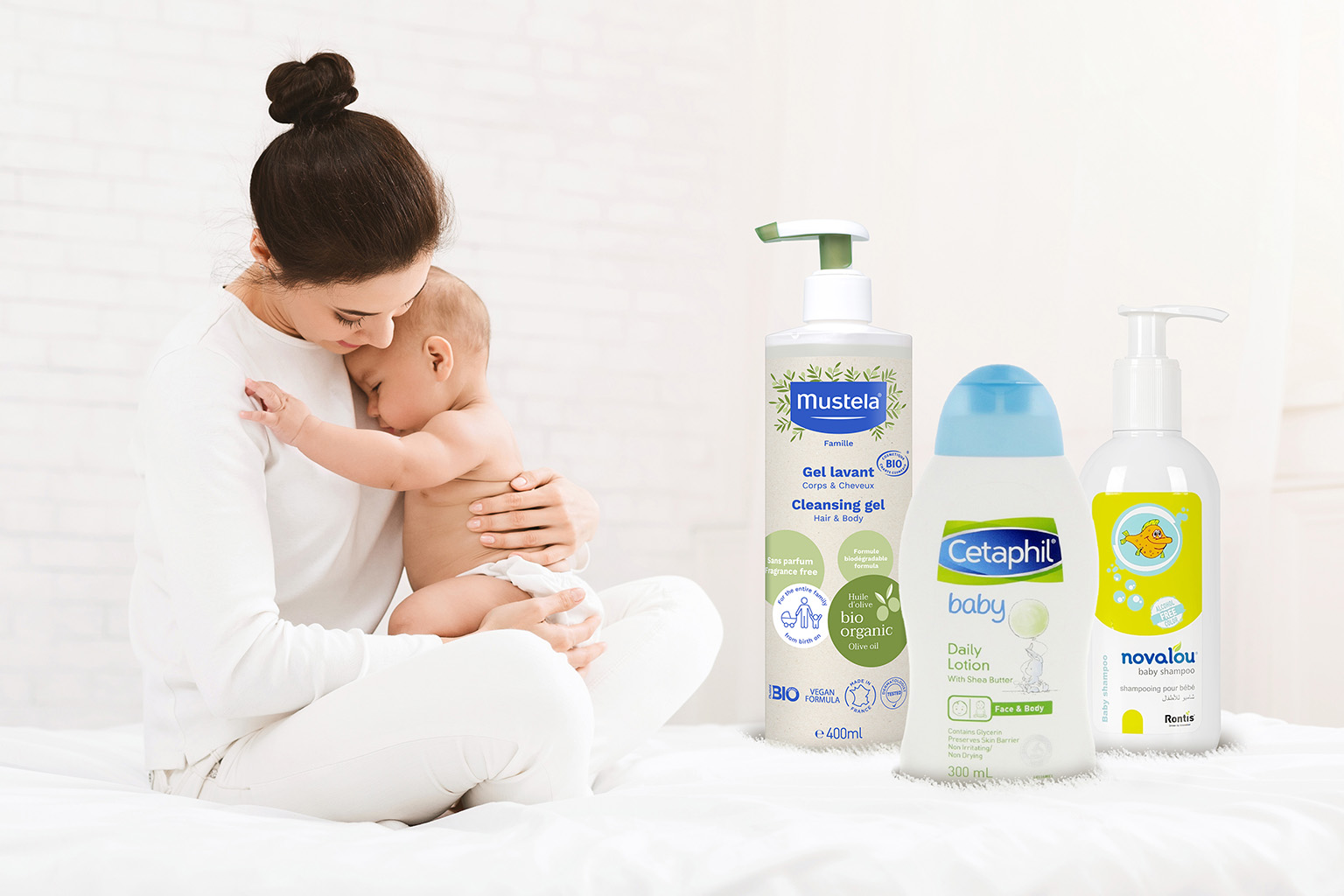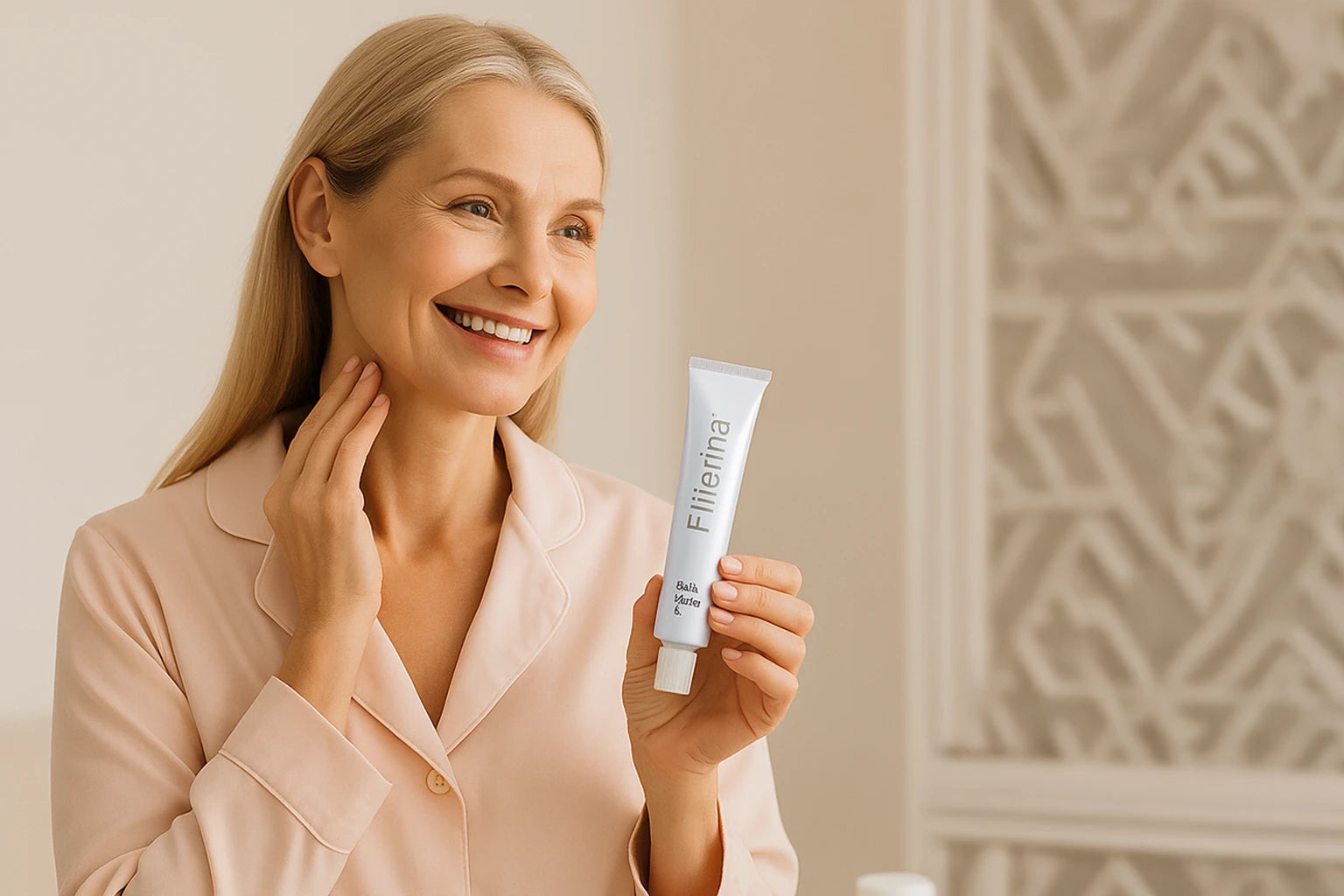Health & Beauty
Acretin for Acne Treatment and Skin Lightening
Content: Introduction What is Acretin Cream? Acretin Cream Concentrations How to Use Acretin 0.025%, 0.05%, and 0.1% Important Tips When Using Acretin Possible Side Effects of Acretin Cream Conclusion Introduction Skin health is influenced by many environmental factors. It can be affected by stress and blemishes due to an unhealthy diet, or external factors such as sunlight, pollution, and cold weather. The use of unsuitable skincare products can also lead to pigmentation, wrinkles, and acne.These blemishes may also result from hormonal changes in the body. Fortunately, we live in an era where many solutions are available to treat skin problems — whether through creams and skincare products or through modern technologies such as laser treatments.However, there is often a specific product that makes a noticeable difference — such as Acretin Cream. What is Acretin Cream? Acretin is a topical cream that contains a vitamin A derivative called tretinoin, known for its ability to exfoliate the skin and promote cell regeneration.Among its most notable benefits: Unifying skin tone: Acretin helps lighten the skin, remove pigmentation, and fade dark spots — especially those caused by acne scars, sun exposure, and inflammation. Tretinoin reduces the production of tyrosinase, the enzyme responsible for pigmentation formation. Acne treatment: Acretin cream has antibacterial properties that eliminate acne-causing bacteria. It also has anti-inflammatory effects that reduce redness, irritation, and itching. Additionally, it regulates sebum production, preventing pore blockage and reducing pimples, blackheads, and whiteheads. Reducing signs of aging: Acretin helps diminish fine lines and surface wrinkles over 6–12 months of use under medical supervision. Clinical studies have shown that tretinoin stimulates collagen production, improving skin elasticity and preventing sagging. Acretin Cream Concentrations Acretin is available in several concentrations. Your doctor will determine the appropriate one based on your condition: 0.025% concentration: The lowest strength, suitable for sensitive skin or first-time users. It helps minimize irritation and redness. 0.05% concentration: Used to treat moderate to severe acne; it provides more effective exfoliation and cell renewal. 0.1% concentration: Less common and prescribed only under medical supervision. It is used for severe or resistant acne and signs of aging. How to Use Acretin 0.025%, 0.05%, or 0.1% Wash your hands before and after applying the cream. Cleanse the affected area with a gentle cleanser or medicated soap. Wait at least 30 minutes before applying Acretin. Apply a thin layer once daily, usually in the evening, as recommended by your doctor. Important Tips When Using Acretin Follow your doctor’s instructions carefully. Do not increase the concentration or extend use without medical advice. Apply Acretin at night, and always use sunscreen during the day, even if you are not exposed to direct sunlight. Moisturize your skin regularly to prevent dryness and irritation. Avoid using other exfoliating or irritating products while using Acretin. If you experience itching, redness, severe irritation, or an allergic reaction, stop using it and consult your doctor immediately. Possible Side Effects of Acretin Cream Itching, redness, or skin irritation Skin peeling Dryness Mild burning or tingling sensation Conclusion Acretin cream is an effective treatment for acne due to its antibacterial and anti-inflammatory properties, as well as its ability to exfoliate the skin and stimulate collagen production.To achieve the best results, always follow your doctor’s instructions, use the proper concentration, moisturize regularly, and protect your skin from the sun. With consistent use, you’ll notice reduced pigmentation, fewer pimples, and smoother, younger-looking skin.
Read more
